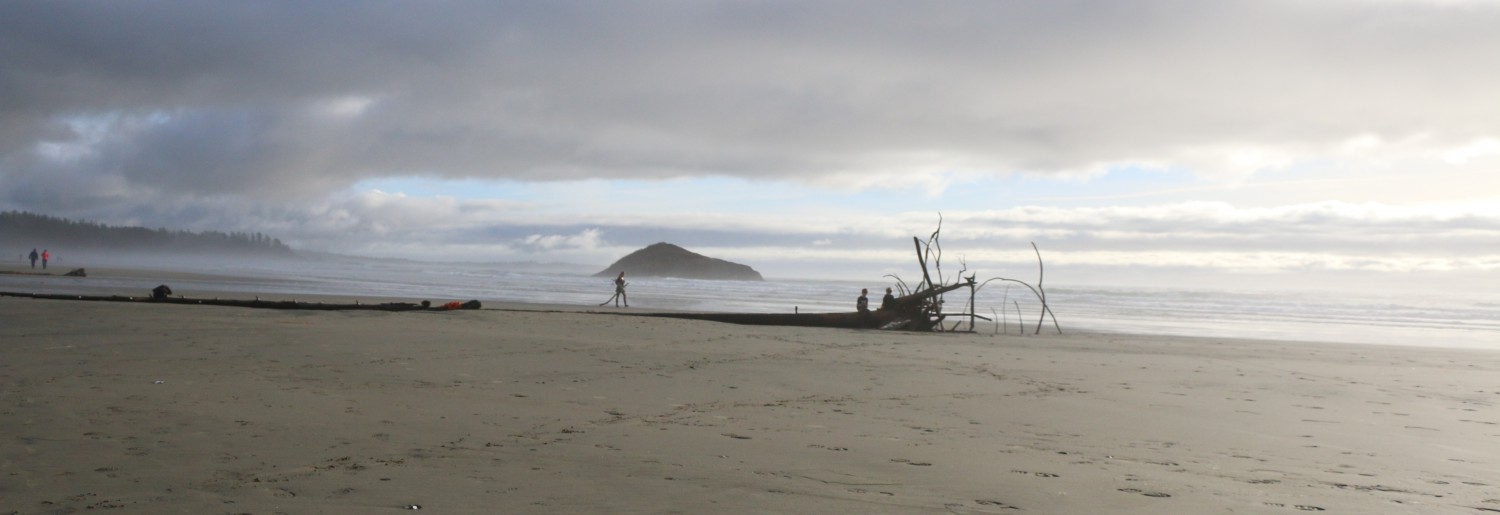Saturday, January 16, 2010 – Globe and Mail
ANNA MEHLER PAPERNY
The frantic hunt for survivors in the Port-au-Prince rubble is becoming a recovery of corpses – with close to 1,500 Canadians among the missing.
A hotline set up on the night of the earthquake has gotten calls from the anxious family members of 1,415 Canadians, all of whom are now registered as unaccounted for. Amid the chaos of emergency recovery their fate is unclear. But that staggering figure hints at this disaster’s unprecedented potential human toll for Canada, which for decades has demonstrated a special affinity for Haiti. More than 150,000 Canadians trace their roots to the crisis-racked country, which is second only to Afghanistan in the amount of Canadian aid it receives. Officials believe that at least 50,000 people perished in the earthquake.
The Department of Foreign Affairs says reconnaissance missions are under way and officials are in frequent touch with the families of the missing.
But even as aid begins to pour in, time is running out for those trapped by the quake.
A plane carrying 272 Canadians evacuated from Haiti arrived in Montreal early yesterday morning, and Ottawa has said more are on the way.
Given the earthquake’s debilitating blow to Haiti’s telecommunications, it’s possible the thousands of those missing simply haven’t found a way to phone, text or e-mail loved ones, said Daniel Kaniewski, deputy director of George Washington University’s Homeland Security Policy Institute.
But four days after Haiti’s largest earthquake in centuries laid waste the capital and its environs, the odds of anyone surviving among the innumerable collapsed buildings are long, and rapidly growing longer. The vast majority of earthquake survivors are extricated from the rubble in the first 48 hours after a quake, Mr. Kaniewski said.
“That missing number, it’s a very squishy number because some of those people, it could simply be a communications challenge, or it could be that they don’t want to be found because they’re so focused on their mission. [But that possibility is] quickly diminishing,” he said.
“There’s always a possibility for miracles, but the reality is at this point most of the survivors have probably been found.”
More than 9,000 bodies have been collected so far, and mass graves are being dug to dispose of the dead in a city struggling to care for those still alive. Those mass graves, Mr. Kaniewski said, mean some of the dead may never be accounted for.
“The list of missing may never be resolved. … We cannot definitely say whether they are deceased or not.”
The 1,415 people missing comprise the largest number of Canadians affected by such a disaster in decades – the December, 2004, tsunami that ravaged the Indian Ocean coast and killed more than 230,000 people from 11 countries claimed fewer than two dozen Canadians. David Etkin, a professor of emergency management at York University, said a massive storm in the 1700s killed thousands of Canadians stationed in ships on the East Coast, but he can’t think of any recent natural disaster that has affected as many citizens.
“It’s a pretty staggering number,” said University of Western Ontario professor Gail Atkinson, who holds a Canada Research Chair in earthquake hazards.
“I can’t think of another disaster that would have 1,400 Canadians missing even with good prospects, let alone poor prospects.”
The figure indicates just how close to home the 7.0-magnitude quake has struck: An estimated 6,000 Canadians live in Haiti and the impoverished country has for decades been a magnet for police, missionaries, aid workers and educators who found their calling there.
Journalist Claude Adams has been to Haiti nine times. And each time, “I meet Canadians everywhere – in the most unlikely places.”
During his last trip to Haiti last fall, Mr. Adams hadn’t spent five minutes in Gonaïves when he met not only another Canadian but a fellow native of Sherbrooke, Que.
“Suddenly there we were, talking about our own neighbourhood. And that sort of thing happens all the time in Haiti. I’ve travelled around the world but I’ve never been in a country where I ran into so many Canadians so consistently.”
It’s indicative of “a real affinity” both francophone and anglophone Canadians feel for the country, Mr. Adams said.
“They seem to gravitate there.”
